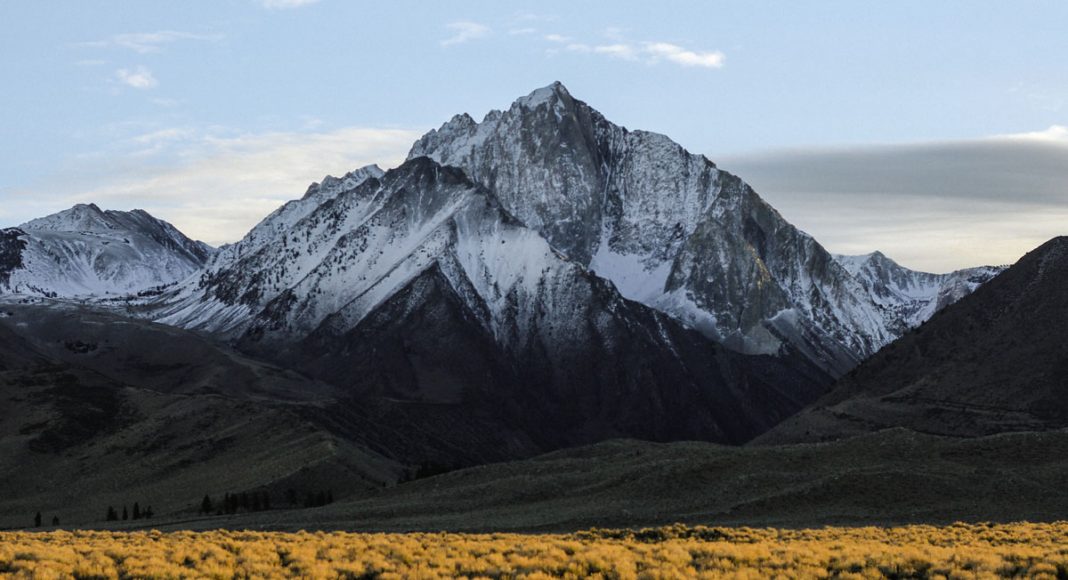In an effort to rejuvenate the economic spine of tribal lands and put their people back to work, Native American communities all across Nevada are pushing to become a part of the state’s newfound cannabis trade, reports the Reno Gazette-Journal.
Earlier last week, tribal leaders from various parts of the state came before the Nevada Legislature to testify in support of a proposal (Senate Bill 375) that would allow tribes that have legalized the leaf to become active participants in the cultivation and sale of marijuana.
The bill would essentially give tribes the power to manage the pot trade on their respective reservation, but hold them to the same rules as other operations in the state.
Tribes are interested in getting involved with the business of legal marijuana because many see it as the only way out of a pit of destitution and despair. A number of tribal leaders told the Senate Judiciary Committee last Thursday that the marijuana industry could help their communities get back in the saddle of gainful employment and chisel away at high poverty rates.
Some tribes, many of which are home to just over 1,000 members, are experiencing 98 percent unemployment. It is for this reason that the leaders of these lands say they are in desperate need for the hundreds of jobs that stand to be created through the legal cannabis trade. In 2014, the Justice Department published the Wilkinson Memo, a policy designed to give tribal communities the freedom to engage in marijuana-related activities. The document is basically an extension of the Obama Administration’s 2013 Cole Memorandum, which is simply a list of temporary guidelines intended to prevent federal prosecutors from bringing the hammer down on states that have legalized marijuana.
There are concerns, however, that President Trump’s cronies over at the Justice Department, specifically U.S. Attorney General Jeff Session, are on the verge of revoking all of Obama’s temporary pot protections – putting legal weed at risk for a federal crackdown. In fact, it was just earlier this year that the Moapa Band of Paiutes got a taste of what it could soon be like under the Sessions hammer. The tribe, which accepted a bid to host a 2017 High Times Cannabis Cup, received a letter from U.S. Attorney Daniel Bogden, suggesting the tribal council had misinterpreted the language of the Cole memo. Although the letter did some tension and a certain level of panic; in the end,
it was only the high winds pounding the area that managed to shut down a portion of the festivities.
According to the Gazette-Journal, not too many tribal leaders are worried about the threat of federal interference. They are more concerned with the well being of the people they serve.
[gravityform id=”13″ title=”false” description=”true”]


